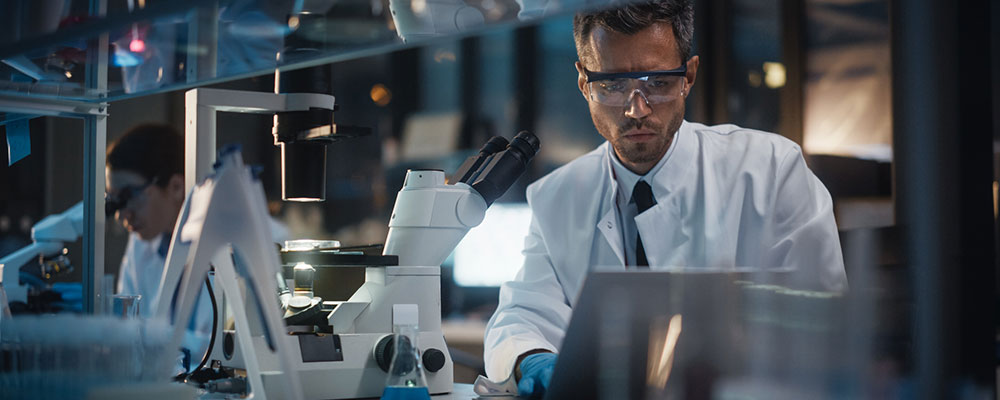
Data science is advancing into nearly every industry but especially in the pharmaceutical industry. This is because when data science is properly integrated, it results in a performance boost, faster implementation, or process automation. Therefore, there has been a huge demand for data scientists in life science.
Here are four uses of data science in life science field:
Marketing and Sales
Niche markets are increasingly in demand, especially with improvements in personalized medication plans. Pharmaceutical companies can leverage data science to detect underserved markets and analyze them further. And hopefully coming up with a solution for those in need. Data science in pharma can also be used to track sales efforts and provide feedback received during the sales process. There’s no shortage of ways to outsmart your competitors, and data science can make it a little bit easier.
Enhanced Drug Discovery and Development
Going from research to a ready-to-ship product is a long and tedious process in the pharmaceutical industry. Basically, it boils down to clinical trials, which oftentimes fail to meet their objectives, resulting in delays and an increase in cost.
But there’s a lot of work that must be done before the first trial even begins. For example, pharmaceutical companies need to find a drug candidate, which is yet another time-consuming process.
Data science and automation can help pharmaceutical professionals screen millions of compounds to identify drug candidates for trials. It’s a simple process if you know what you’re doing. You need to go through a vast sea of information and filter out the results not matching your criteria. It’s easy to automate the process, and when done correctly, it can radically increase the speed of drug discovery and the development cycle.
Improved Drug Trials
Pharmaceutical companies want to avoid spending time and money running suboptimal clinical trials. Big data ensures the right mix of patients is present for any given trial by precisely targeting specific user groups.
Big data technology allows pharmaceutical companies to analyze historical data on demographics, past behaviors and conditions, and previous clinical trials. It opens the possibility to predict potential side effects and prevent them on time. In addition, big data considers more factors than analysts ever reasonably could.
An optimized drug trial process significantly reduces the time needed to properly test the drug, hence decreasing the money spent in the process. It’s a two-birds-one-stone moment.
Quality data means big savings.
Patient Follow-ups
A tremendous amount of work has gone into the development of biosensors, sophisticated at-home devices, smart pills, smart bottles, and smartphone apps. It’s safe to say tracking a patient’s health has never been easier than now.
Monitoring a patient’s health in real-time tells pharmaceutical companies how to improve their current offering and helps them to analyze the efficacy of a drug or treatment.
In addition, by collecting data from one specific patient, pharmaceutical companies can shorten the implementation time for future patients with similar characteristics — reducing both time and cost.

